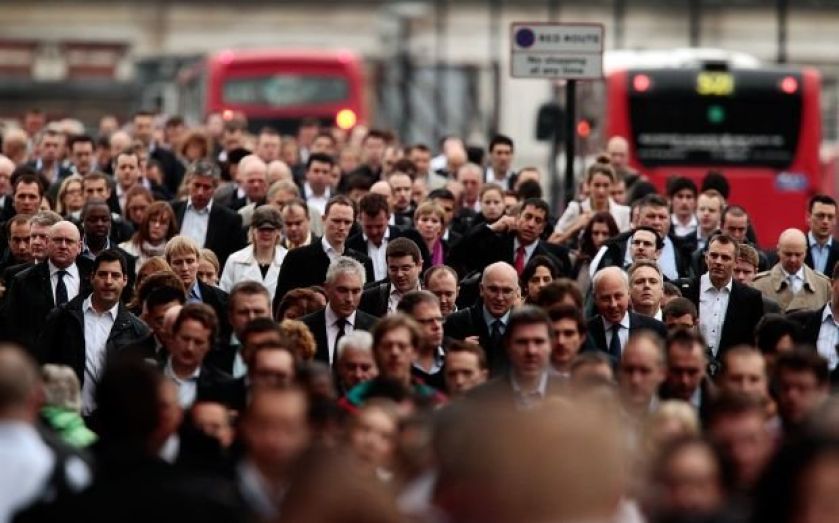Falling unemployment vs stagnant wages: Jobs market to dominate 2015 general election

The battle lines for next year’s election were drawn yesterday as the Conservatives and Labour clashed over their differing views of the latest figures on the recovery.
Britain’s tumbling rate of unemployment has given the government a boost ahead of the vote on 7 May next year – but Labour is stressing the stagnant level of wages that have come alongside the hiring splurge.
As both parties write their pre-election manifestos, senior advisers are focusing on Bill Clinton’s adage that voters’ perceptions of the economy will determine the outcome. “It’s the economy, stupid,” became the unofficial slogan of Clinton’s 1992 victory in the US presidential elections.
Data published yesterday by the Office for National Statistics (ONS) revealed that unemployment is still on the decline, with a further 132,000 people finding work in the three months to June. Joblessness is now at a six-year low of 6.4 per cent, the lowest level since late 2008.
A record 30.6m people are in work.
David Cameron hailed it as “the biggest annual fall in unemployment for 25 years”, and published an advert boasting that “1.8m more people are in work” since he took office in 2010.
But pay fell for the first time since 2009, giving Labour a line of attack.
Pay, including bonuses, fell 0.2 per cent on the year in the three months to June, while inflation continued to run at 1.8 per cent. Excluding bonuses, pay was only up 0.6 per cent, remaining well below inflation.
And 1.2m people want to work full-time, but can only find part-time jobs.
“While the economy is finally growing again and unemployment is falling, working people are still seeing their living standards squeezed,” said Labour’s shadow Treasury minister Chris Leslie. “Pay growth is at a record low and lagging behind inflation and the Bank of England has halved its forecasts for wage growth this year.”
Yet the Bank also revised its growth forecast to 3.5 per cent for this year, up from 3.4 per cent. Lib Dem minister Danny Alexander weighed in, arguing that his party’s policies had helped to strengthen the UK’s economic growth.